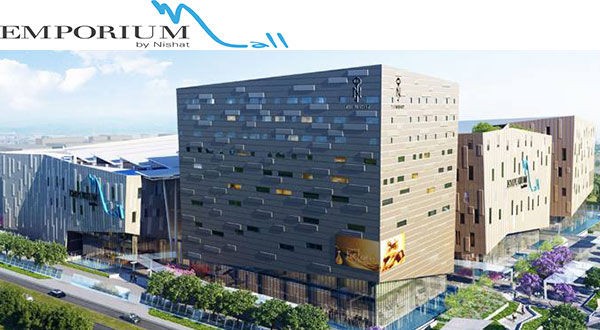Pakistan’s economy is performing well since Mian Nawaz Sharif took Prime Minister’s office in 2013. A series of positive developments during the course of 2014 and 2015 aided the economy gained the momentum. These include administrative reforms that have significantly reduced political tensions through the distribution of power and creating a more transparent environment for businesses.
According to the latest BMI research report, these reforms together with the China-Pakistan Economic Corridor (CPEC) project will stimulate the investment in the commercial property market of the country. However, low GDP (gross domestic product) per capita, security risks and increasing tensions on the eastern and western borders can limit the growth potential.
Issues Concerning Real Estate Sector
The report predicted that the real GDP growth year-over-year is expected to remain above 4 percent between 2016 and 2020, which indicates stability in the long run. However, the operational risk still remains a key issue, with concerns over corruption and security continuing to disrupt the level of investment in Pakistan.
Other issues hampering investors’ confidence include electricity shortfall and poor transport infrastructure. However, the CPEC project will play a greater role in broadening the country’s industrial, economic and foreign investment growth.
Overview of Commercial Property Sector
The report also asserted that the new framework for real estate investment trusts (REITs) and increasing administrative reforms over the medium-to-long term, will aid commercial real estate sector to lure more international interest. Provided that the government should make grave efforts to attract greater foreign investment along with reducing local tax laws on supposed developments.
Overview of Rental Market
To the extent rental rates are concerned, BMI research expects them to remain stable. Considering that both Lahore and Islamabad have a moderate demand and sufficient supply, though in Karachi inadequate supply will cause a rise in rental rates.
Opportunities for Foreign Investors
Foreign investors can buy properties at low prices in each of the cities and gain potentially high yields as builders are hesitant to build on speculation basis. The retail market is likely to stay stable during 2016. On the other hand, Islamabad’s retail market is expected to show a slight increase due to limited supply.
Amendment in Property Valuation
The recent amendment in property valuation through the Finance Act 2016, however, is currently holding foreign and local investment into the sector. Under the new amendment, the properties would be evaluated through SBP’s (State Bank of Pakistan) valuers instead of provincial governments.
Rise of Mass Grocery Retailers

However, opportunities will increase because earnings and scope for MGRs (mass grocery retailers) will rise as the shopping habits of the people accustom with modern trends. Emporium Mall in Lahore is one example in this regard.
Industrial Estate Outlook
As far as the industrial estate is concerned, greater opportunities of development are expected in the future owing to the CPEC project, as the trade volume is likely to improve, which will increase demand for space. However, improving trade volume is likely to spur the development activity during next year, if the government manages to resolve security issues.
Overall View: On the whole, Pakistan clearly has problems, particularly with militant activity and power supply, which has thumped business sentiment down. As a result, BMI research suggests demand across the commercial real estate sector will remain low. However, the study found that the introduction of REIT has increased foreign interest and is likely to pave way for greater investment activities in the long-run.